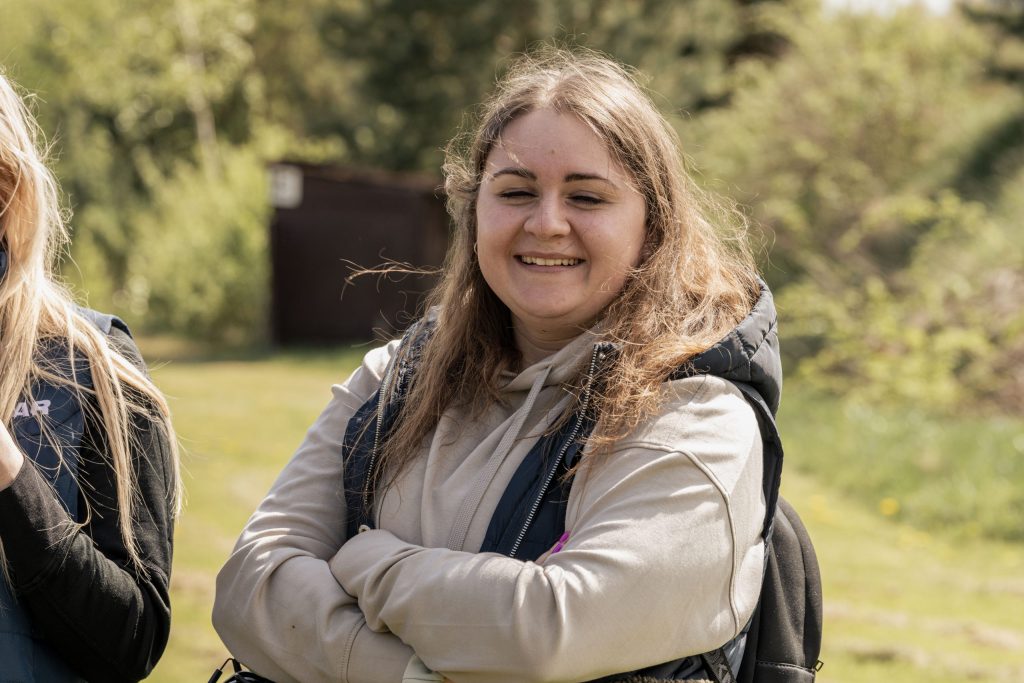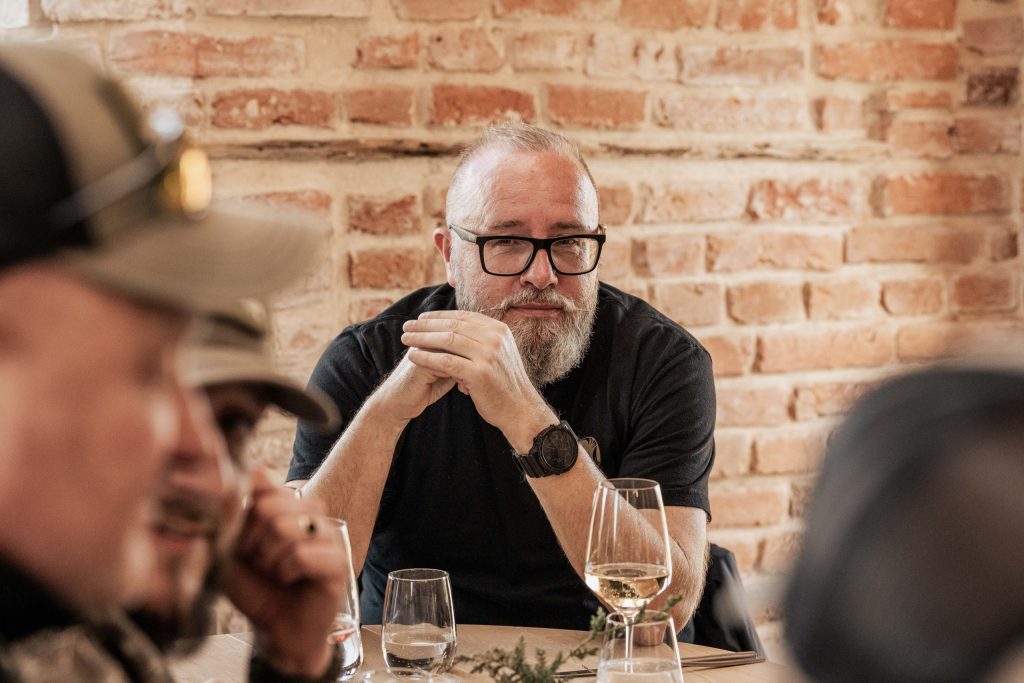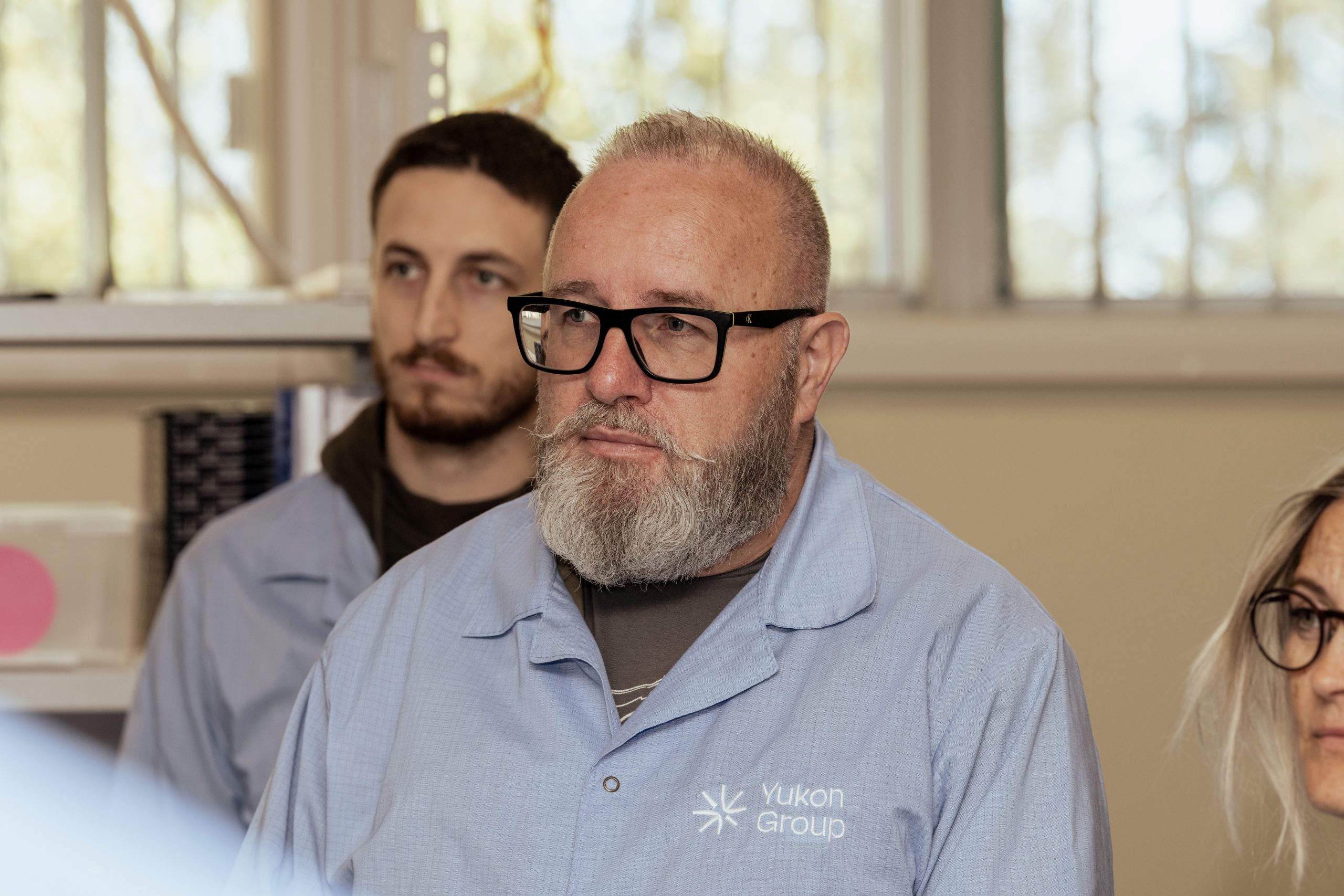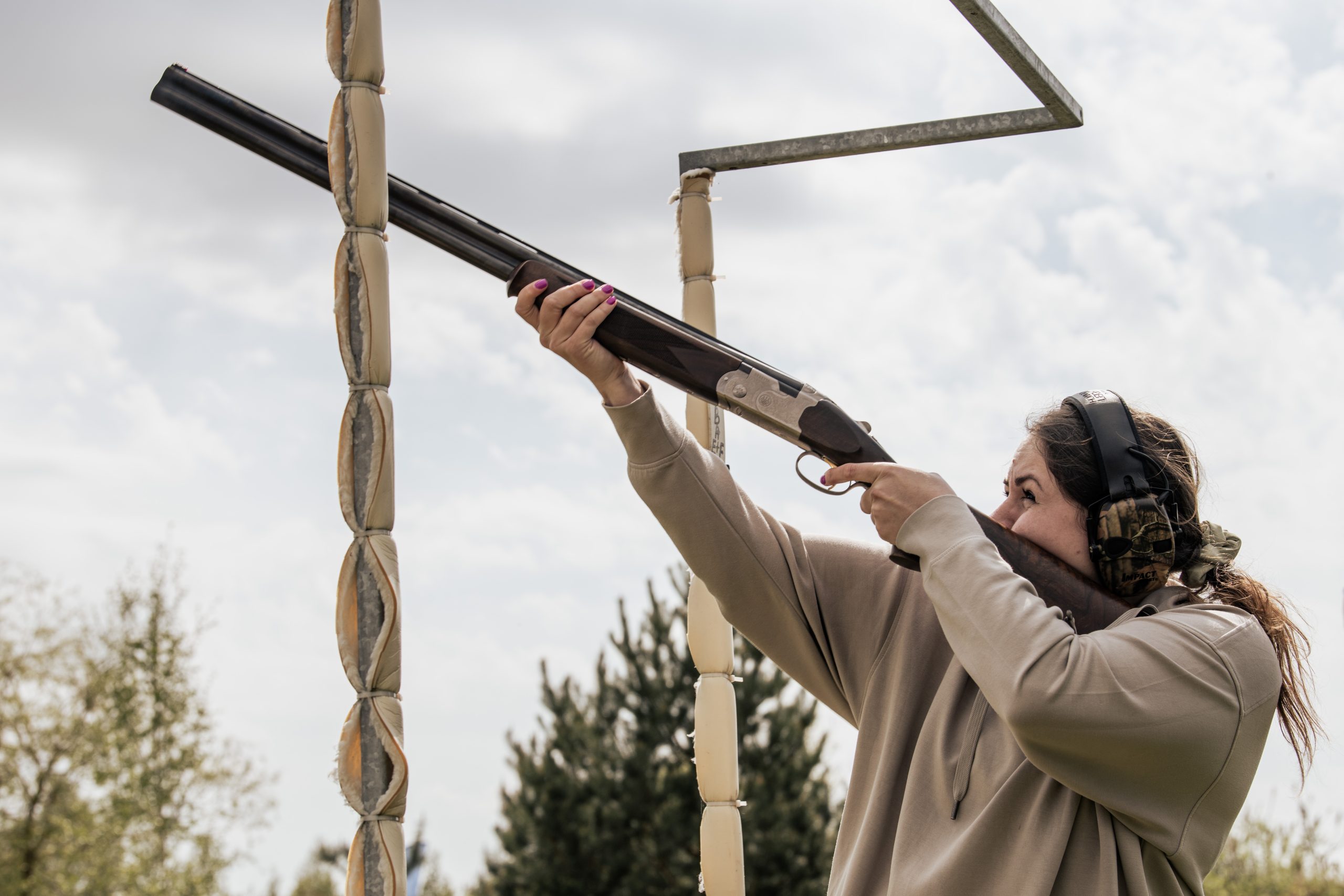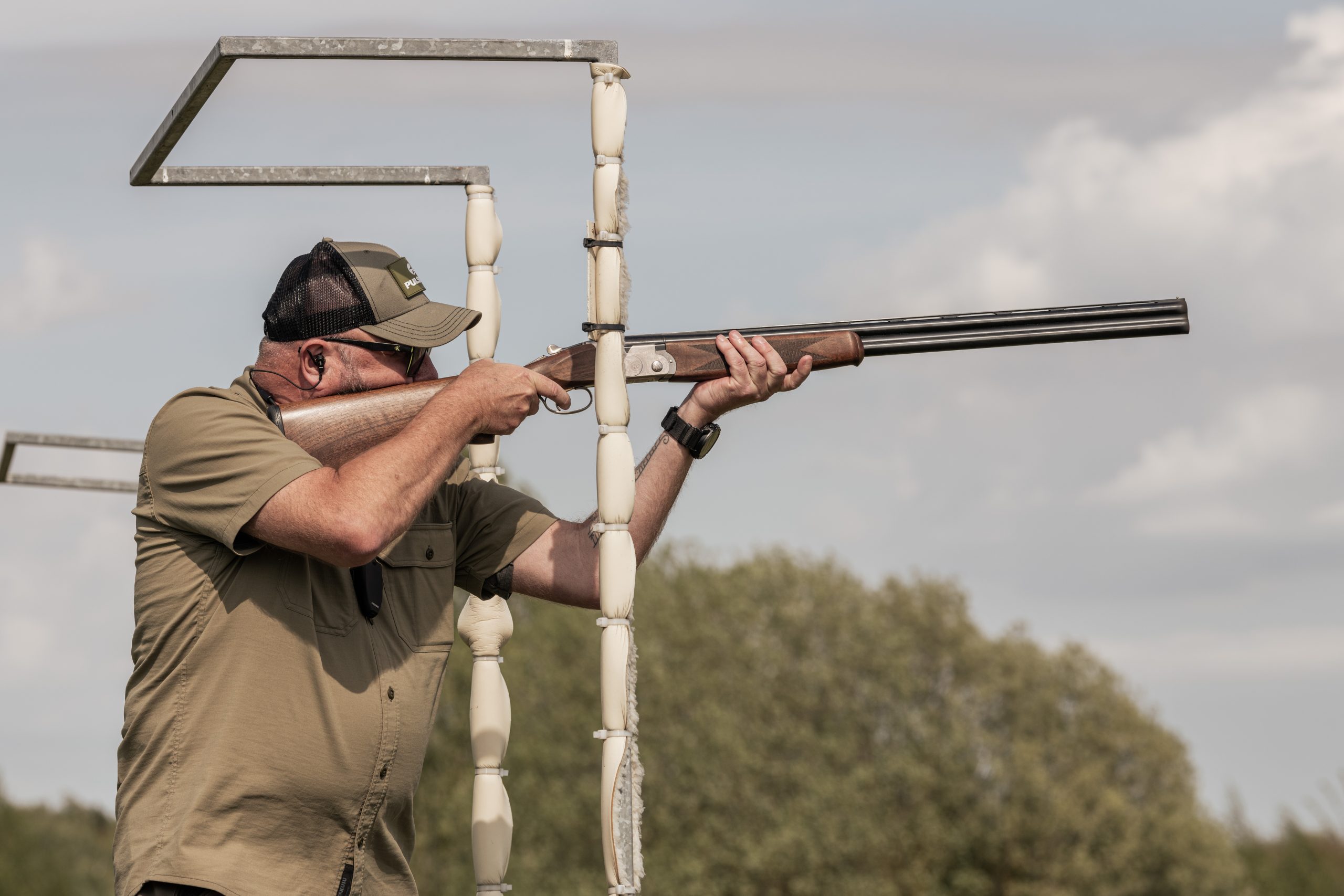Expert Contributor:
Julia Nowak, Claus Sloth Andersen
Ask a non-hunter what they think hunting is about, and the answer often comes back the same: killing animals. It’s a myth that has stuck around for decades – fueled by emotional headlines, social media snapshots taken out of context, and a growing disconnect between modern life and the natural world. To many, a hunter is someone who pulls a trigger, takes a trophy photo, and walks away satisfied.
But this idea couldn’t be further from the truth. Behind every responsible hunter is a deep respect for nature, an intimate understanding of wildlife, and often, hours spent quietly observing rather than acting. The reality of ethical hunting is rooted in conservation, education, and careful decision-making – not in thrill-seeking or violence.
This disconnect between perception and reality is something that experienced hunters face regularly. Two passionate voices – Julia Nowak from Poland and Claus Sloth Andersen from Denmark – share what it really means to be a hunter today, and why the myths about hunting don’t just oversimplify the practice, but ignore its vital role in wildlife management and ethical food sourcing.
- Julia Nowak
- Claus Sloth Andersen
What follows are real insights from hunters who spend more time watching than shooting, who think first of balance before harvest, and who use modern Pulsar thermal optics not to gain an edge – but to do the right thing.
It’s time in nature – not a moment of action
Hunting is often imagined as a single, dramatic moment. But both Julia and Claus agree that hunting is defined by everything before that moment: hours of walking through the woods, checking wind direction, reading tracks, listening, and learning.
“The percentage of how many animals we meet and observe while hunting to how many we shoot is probably like 10% to 90%,” says Julia. “Being out in nature – getting to know the world up close, learning about wildlife – and then bringing home the tastiest, healthiest food straight from the forest, without antibiotics, knowing that the animal lived a great and free life, not in a cage – that’s what hunting is about.”
“Most people don’t realize how much of hunting is not about pulling the trigger,” Claus explains. “It’s hiking through the woods at dawn or dusk, learning wind patterns, identifying tracks, managing the land, and knowing when not to shoot.”
He recalls taking a friend out to observe, someone skeptical about the idea of hunting. After several hours of watching, tracking, and passing up animals, his friend admitted, “I thought hunting was just shooting animals. But this… this is something else.”
Ethics are not optional
For ethical hunters, making the right decision isn’t just about law – it’s about values. Both Julia and Claus emphasize that respect for the animal, the land, and the balance of the ecosystem is the foundation of everything they do.
“You have to act and think ethical. You have to respect the game, traditions and the law. The same with conservation and game management. That is why in many countries it requires a lot of education to become a hunter, to pass hunting exams,” says Julia. “If someone doesn’t act ethically or doesn’t care about conservation, they shouldn’t even be called a hunter.”
In Denmark, Claus notes, ethics are backed by community responsibility as well: “We have volunteer dog handlers who you can call, and they will track a wounded animal, and make sure it’s killed effectively. Ethical hunters take responsibility seriously; we’re stewards of the land.”
Balancing nature through responsible hunting
The idea that hunters help protect nature might seem surprising to some, but it’s a central part of wildlife management. Without regulated hunting, animal populations can grow beyond sustainable limits – leading to disease, starvation, or habitat destruction.
“Hunting is an important part of nature conservation and environmental management,” says Julia. “Its role is to take care in controlling wildlife populations, keeping the populations in best possible shape and sustainable sizes, protecting native species from influence of invasive species, helping farmers and foresters protect growing crops and forests.“
“If you think nature is always kind, watch what happens when an unregulated deer herd tries to survive a bad winter,” Claus adds. “ It’s not a pretty sight, looking at starving deer. A well-regulated hunt can be more humane than letting nature take its course, and hunters contribute heavily to conservation funding through the hunting licenses.”
And as both hunters point out, responsible hunting also contributes directly to conservation funding through licenses and fees – supporting protected areas, research, and wildlife programs.
Technology that supports good decisions
Modern technology, including Pulsar thermal and night vision optics, plays a vital role in making ethical choices easier and more accurate – especially in low-light conditions where visibility is poor.
“It makes hunting much more safe, especially hunting done at night,” Julia explains. “And it’s a great tool for making wildlife inventories, which help us understand populations better.”
Claus shares one powerful example:
“I remember one early morning hunt where visibility was rough. Using my Pulsar, I was able to confirm the animal’s species, age, and condition before choosing not to take the shot. Without the thermal device, I might’ve made a mistake and have taken a bad shot.“
Using my Pulsar, I was able to confirm the animal’s species, age, and condition before choosing not to take the shot. Without the thermal device, I might’ve made a mistake and have taken a bad shot.
Claus Sloth Andersen
It’s not about gaining an unfair advantage – it’s about making sure the right call is made, every time. As Claus sums up: “Good equipment helps me take good decisions.”
A lifestyle grounded in respect
“Hunting isn’t just a weekend hobby – it’s a lifestyle rooted in responsibility, respect and humility for the wildlife and nature. It’s how many of us put meat on the table, meat that we harvested ourselves, and teach our children about where food really comes from,” shares Claus.
For Julia, it’s also about breaking stereotypes: “You can be a hunter and still love and care for the animals. That’s what I wish more people understood,” she says. “There’s so much more behind hunting than just killing. It requires real knowledge about nature – and that’s what makes it meaningful.” Coming from a hunting family, Julia never had misconceptions about what hunting is really about. But she shares a small cultural detail that reflects the strong traditions within the hunting world:
“Many people believe that number 13 brings bad luck, but actually many hunters in Poland treat it as a lucky one!”
It’s a small reminder that while hunting is rooted in responsibility and ethics, it’s also full of traditions, superstitions, and a deep sense of belonging – passed down through generations.
The real work behind every hunt
For newcomers, hunting can seem like a game of chance. But as Claus quickly learned, real success comes from preparation and patience.
“When I first started, I thought hunting was mostly about luck, me being in the right place at the right time. But I learned fast that success comes from preparation: scouting, studying maps, understanding animal patterns, and being patient.”
When I first started, I thought hunting was mostly about luck, me being in the right place at the right time. But I learned fast that success comes from preparation: scouting, studying maps, understanding animal patterns, and being patient.
Claus Sloth Andersen
That level of effort – before a single shot is ever taken – is what separates ethical hunters from the myths. It’s not just about being outdoors; it’s about truly understanding the land, the animals, and how every action affects the balance of nature.
